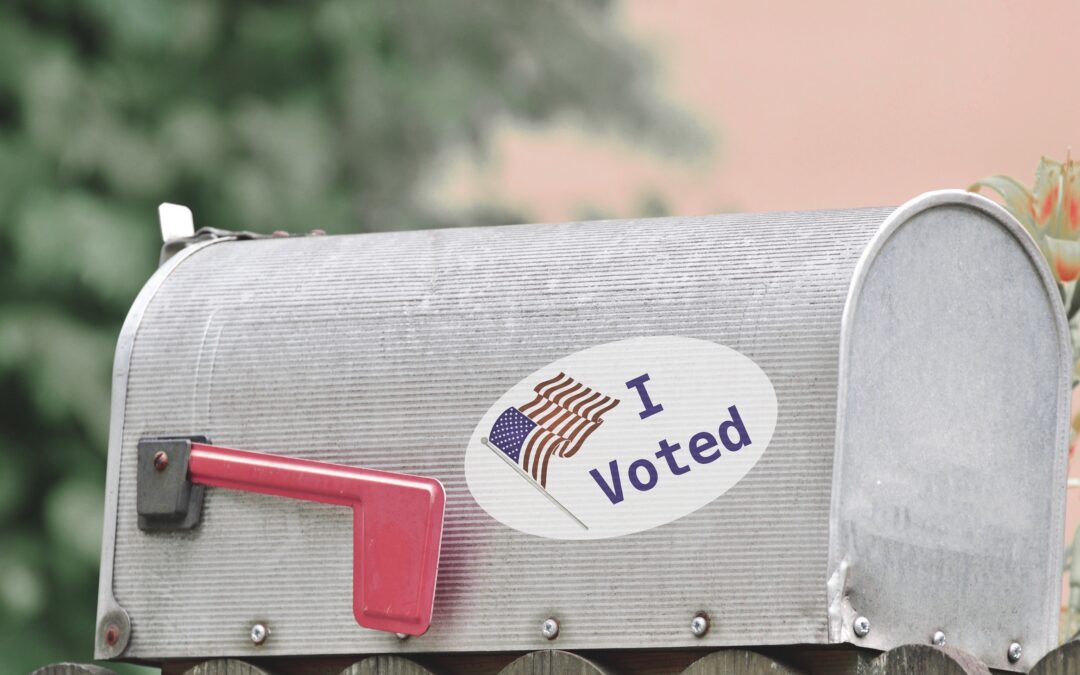Democrats in D.C are targeting the elimination of state voter ID laws with the passage of H.R 1, despite Arizona and 35 other states currently requiring it. More importantly, voters support it. In a recent poll, 75% of likely voters said they support requiring photo ID before voting. By party affiliation, 89% of Republicans, 77% of unaffiliated voters, and even 60% of likely Democrat voters support this requirement.
Yet in Arizona, ID requirements extend only to in-person voting, where voters are expected to show either a photo ID like their driver’s license, or a document that includes their full name and current address such as a utility bill. For early, mail-in ballots? Simply a signature.
In the professional and criminal investigation world, analysts who verify the authorship of handwriting have degrees in forensic science and spend two years under the training of experienced analysts. But for elections, election staff is tasked with verifying signatures and do not require these professional credentials. At a volume of millions of ballots, election staff are gazing at thousands of ballots each, potentially spending mere seconds comparing what they see on the ballot and what is on their computer screen.
Additionally, people’s handwriting changes over time. They might get an injury, develop a disability, or their style simply changes over time. Experts in crime labs can spend hours poring over documents to compare several samples, but election staff must quickly make a subjective judgment of the match based on one sample. This is not a sufficient measure for something as important as elections, especially considering Arizona expects voters to provide ID if they vote in person.
Sponsored by Senator Mesnard, SB1713 brings our mail-in ballot system up to par with in-person voting by requiring voters to simply write their date of birth and either their driver’s license number or voter registration number in addition to their signature. This provides an objective measure to ensure the identity of voters and removes some of the subjectivity, with no burden to voters.
The left and media claim that asking voters to provide this information in addition to their signature is “voter suppression” and “racist.” Americans aren’t buying it—not even their own electorate.
In the corporate world, businesses focus on the “Fraud Triangle” in attempting to mitigate fraud within their organization. The triangle consists of three main ingredients required for fraud to occur: opportunity, incentive, and rationalization. The only controllable factor in this triangle is opportunity, or the ease at which someone can commit fraud.
Applied to elections, and specifically to mail-in ballots, signatures being the only identifying feature poses great opportunity to nefarious actors. Regardless of how frequently this opportunity is seized, or if it is at all, by simply bringing mailed ballots to the same standard as in-person voting we can greatly reduce this opportunity without limiting access to voting.
SB1713 does exactly this. It is a reasonable and meaningful election integrity reform based on a proven practice—voter ID—that is overwhelmingly supported by voters. This is a must pass reform that the Legislature and Governor ought to prioritize to increase the integrity of our elections.


Recent Comments